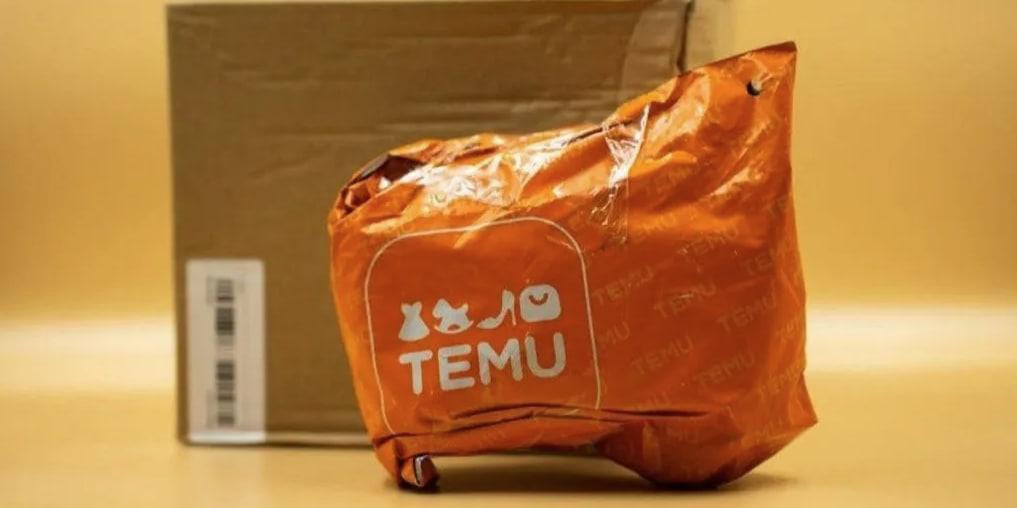A binding agreement with Enel S.p.A. (Enel) for the acquisition of all the holdings held by Enel and its subsidiaries in Romania for a total of approximately 1,260 million euros was entered into by the Public Power Company (“D.E.H.”), as OT already noted on Wednesday.
(The price was set based on the total value of the business which amounts to approximately 1,900 million).
As stated in today’s announcement the total consideration is subject to regular adjustments and includes an earnings mechanism in the context of a possible additional payment based on a future increase in the value of the trading activities.
Completion of the acquisition is expected to take place by the third quarter of 2023 and will be subject to certain conditions (conditions precedent) customary in such transactions, including among others the approval of the competent competition authorities.
PPC states that the said acquisition is a milestone for its development strategy, with the acquisition of a significant portfolio of renewable energy sources (both projects in operation and projects in the process of maturing), and distribution and marketing activities that occupy a leading position in the market. The acquisition also constitutes the first major expansion of D.E.H. abroad.
Financing
The company intends to finance the acquisition through a combination of debt and equity on its balance sheet, of which €800 million will come from already secured debt financing available in the form of a €485 million 5-year loan from Greek banks, as well as bridge loan (bridge facility) of 315 million euros from international banks.
Citigroup Global Markets Europe AG, Goldman Sachs Bank Europe SE and HSBC Continental Europe are acting as financial advisors and Milbank LLP as legal advisor to D.E.H. in the context of the Acquisition.
Mr. Georgios Stassis, President and CEO of D.E.H., stated: “This acquisition is completely consistent with what we presented in November 2021 in the context of our strategic plan, which provided for our international expansion in region of Southeast Europe, and therefore Enel’s activities in Romania are the ideal choice both from a geographical and a business point of view. This is a unique opportunity to acquire a vertically integrated energy company with an attractive valuation, setting in motion the transformation of D.E.H. to a leading clean energy company in Southeast Europe. We are confident that this important development will contribute to the development and improvement of D.E.H.’s competitiveness. both internationally and domestically, benefiting our customers and ultimately creating value for all our stakeholders.”
D.E.H. will hold a conference call on Thursday 9 March 2023 at 18:00 (CET) / 19:00 (Greece Time) in order to discuss with institutional investors and analysts the agreement to acquire the activities of Enel in Romania. The relevant presentation is available on the D.E.H. website, in the “Investor Relations” section.
PPC BECOMES THE LARGEST ENERGY PLAYER IN SOUTHERN EUROPE
· Purchases over 130,000 km of Distribution Network
· Doubles the power in RES
· Adds 3.2 million new customers to its customer base
· Buys at much cheaper prices than Greece
· Greece is becoming a strategic energy player in the region
· The power of PPC is power for the country
What does PPC buy in Romania?
With the acquisition of Enel Romania, PPC strengthens its position in the wider region and becomes the largest player in SE Europe. It also gets direct access to renewable energy sources resulting in cheaper production costs. It essentially doubles its production from RES (excluding large hydroelectric plants). It faces regulatory risk from the restrictions imposed on it in Greece, where it is obliged to reduce its market share. In this way it maintains and increases its size. In addition, it gives a geopolitical advantage to Greece as it will manage a large part of the energy resources and transport networks in the wider region. Finally, with this move, it implements its investment plan as it was presented to investors before the successful Share Capital Increase in November 2021.
With the acquisition agreement, PPC acquires all of the holdings of the Italian Enel in Romania, specifically:
I. NETWORK.
Three of the total eight distribution companies in the country
1. E-Distri
bute Muntenia Sud, which electrifies the Muntenia region including Bucharest,
2. E-Distribute Banat with distribution networks in the area of the same name where the industrial zone of the country is located,
3. E- Distribute Dobrogea, distributes electricity in the homonymous tourist area).
In total it acquires the management of a distribution network of over 130,000 km, distributing approximately 16 TWh.
II. RES
Important Renewable Energy projects
o 534MW RES in operation: 8 wind parks with an installed capacity of 499MW and 4 photovoltaic parks with an installed capacity of 36 MW,
o 5.4GW projects in development: it also acquires a pool of projects of approximately 5.4 GW in different stages of development, of which 2.3 GW are wind and 3.1 GW are photovoltaic.
III. Trading/ Supply
o The two supply companies Enel Energie Muntenia and Enel Energie, with 3.2 million customers and sales of 11 TWh.
o Enel-X, a value-added services company, such as electric mobility network development, maintenance and repair services and energy solutions, with significant growth prospects.
The acquisition enables PPC to penetrate a large and rapidly growing market linked to Greece. Enel Romania is the largest renewable energy company and the second in the supply and distribution of electricity in the country. It fits perfectly with PPC’s strategy and ranks it as a leading force in the region.
Because the price is favorable
At the same time, the price is considered particularly attractive, especially if compared to recent transactions in Greece. For example:
· Network: PPC sold to Macquarie 1.51x RAB and buys at 0.82x RAB
· RES: According to what is included in the agreement for the purchase of ELLAKTOR’s RES from MOH, the sale was made at approximately 12 x EBITDA. PPC buys at 5.48 x EBITDA.
· Trading: The acquisition of Watt & Volt by Protergia was made at €180/customer. PPC buys at €66.5/customer.
What is the earn out mechanism (refers to Trading)
The purchase agreement, as is customary in such transactions, includes a provision for a possible additional payment (Earn-out), based on a specific mechanism, in the event that Enel Romania’s Trading activity acquires, in the next 2 years, a value greater than that which has been incorporated at the price of €66.5/customer. It is essentially a mechanism for sharing any additional value created in the activity in question between PPC and Enel exclusively for the next two years, beyond the agreed upon. The size of the additional payment increases as the value added increases. In other words, it is a win-win agreement for both sides, which proves that the price achieved by PPC is extremely beneficial. In any case, such an additional payment, if it eventually arises, will be small and will not affect the finances of the transaction.
Court pending of Enel in Romania for the imposition of tax on surplus profits of RES
The issue of taxation of excess profits and legal claims is in the past and has been dealt with by the price ceiling. Consequently, it has already been priced into the transaction and is not expected to impact going forward.
The prospects created by the acquisition
PPC’s entry into Romania, in a mature market, gives it access to a very important, strategic energy corridor, which starts from Greece, passes through Bulgaria and ends in Romania, which was not the case for the Italian Enel. With the single European electricity market and the lifting of restrictions on cross-border trade, national markets are linked and electricity is freely sold between countries.
The transaction will add an EBITDA of the order of 300 million euros to the total EBITDA of the PPC Group, while the synergies that will be created are of the order of 200-250 million euros over a 4-year horizon.
The synergies of the two companies are the obvious reason. However, the growth rates of the Romanian economy (2.5% this year despite increased inflation and 3% in 2024) and the intensive industrialization of the country, are a guarantee for the future course of the investment. In addition, the fact that the acquisition takes place in a period of “lean cows” enables PPC to achieve a better acquisition price.
Why is Enel selling?
“With the sale of all our activities in Romania, we continue to implement the disposal plan that was announced during the presentation of Enel’s 2023-2025 Strategic Plan,” said Enel Group CEO and General Manager Francesco Starace. “We are proud of the results achieved in Romania since we entered the country in 2005 and we recognize the hard work and dedication of our colleagues, who enabled us to become one of Romania’s main integrated energy operators. We are confident that a leading international player such as PPC will continue this success story.”
The international energy crisis found parent Enel under the weight of a very high debt and forced to divest from subsidiaries in various markets. It has already sold assets in Chile, as well as the activity in Russia, and is in the process of selling both the Romanian activity as well as Greece, Argentina and Peru. He needs the money to deal with the pressures on the Italian market. On the contrary, PPC has managed to clean up its finances and look for investment opportunities, in accordance with the plan for which it committed itself to the international investment community.
The power of PPC becomes the power of Greece
The entrance of PPC in Romania is of strategic importance both for the company and for the country. The investments of Greek banks in the Balkans, in the period preceding the economic crisis, not only did not have an inglorious end, but were the first strong support for domestic institutions. The proceeds from their sale were a first bulwark against the effects of the jumpy increase in NPLs and the haircut of Greek bonds. After a decade in which Greek companies were forced to divest from important and profitable assets in order to survive in Greece in the midst of an economic crisis, PPC is the first company to re-open the way for a dynamic entry into SE Europe. The power of PPC becomes a power for the country.
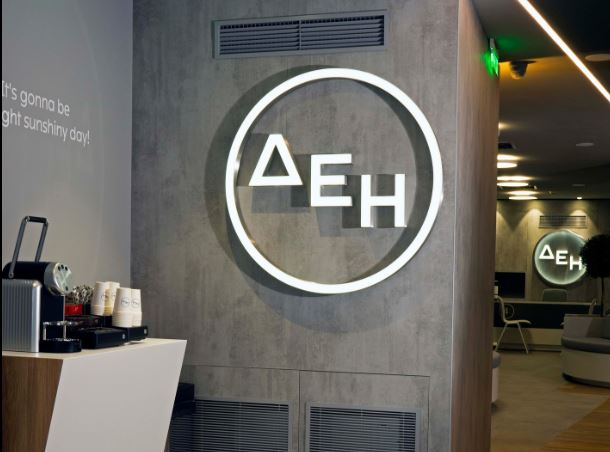
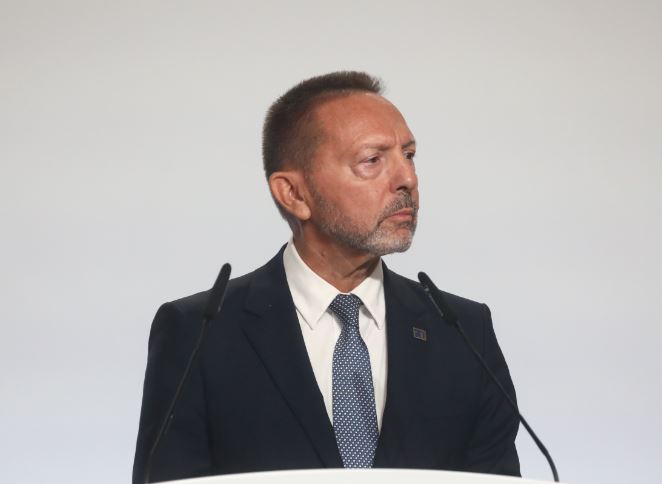
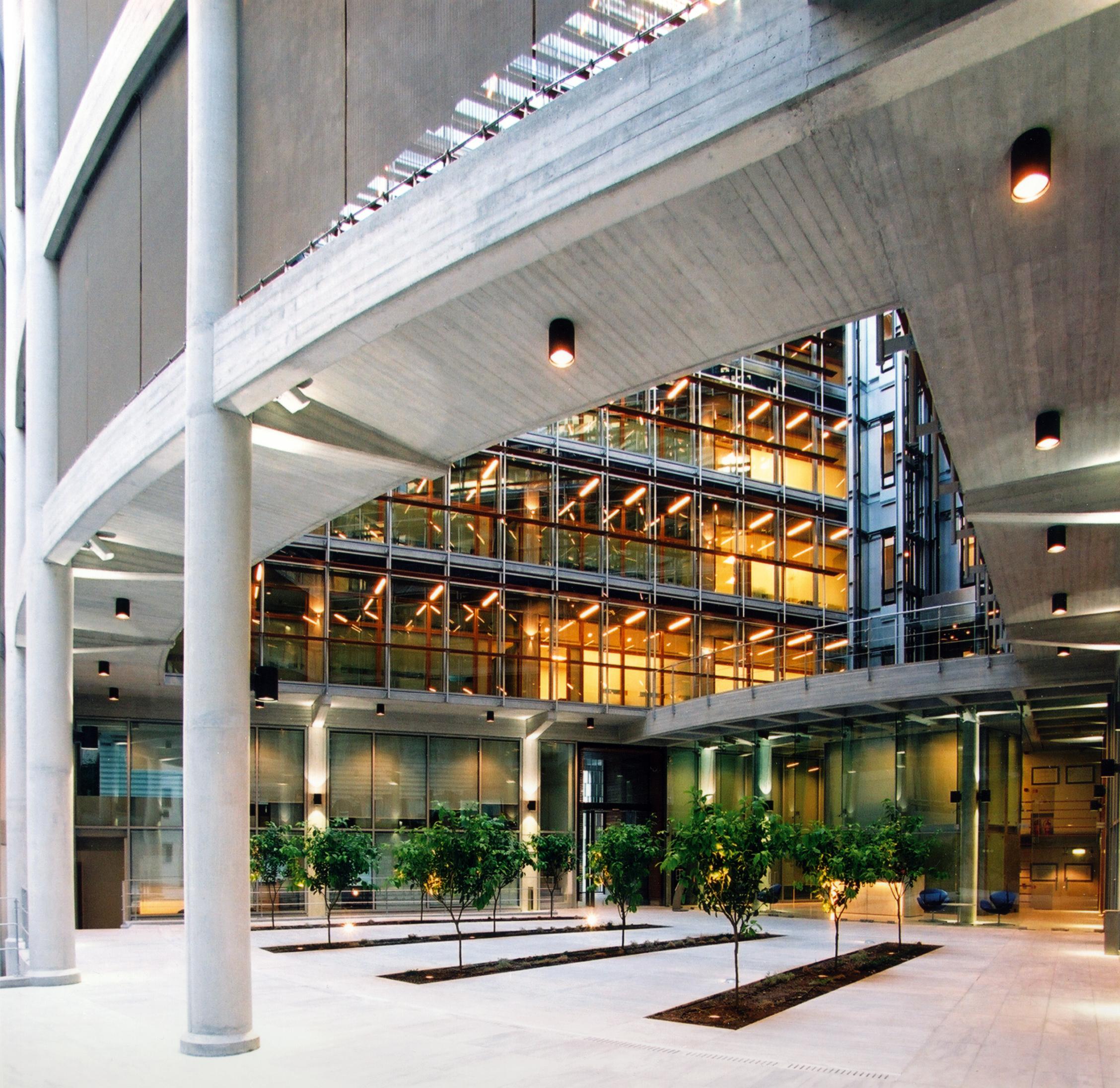
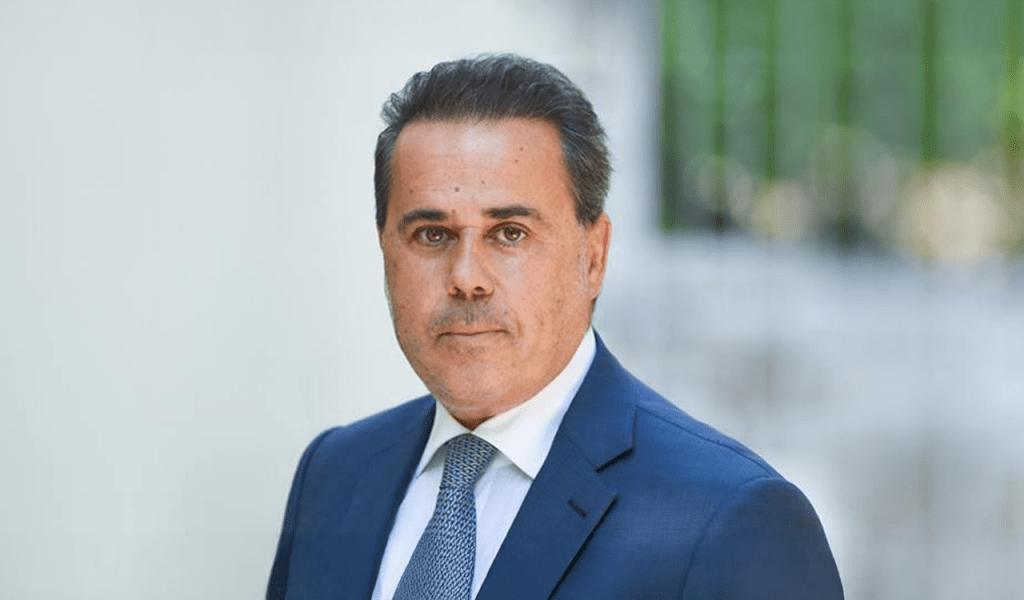
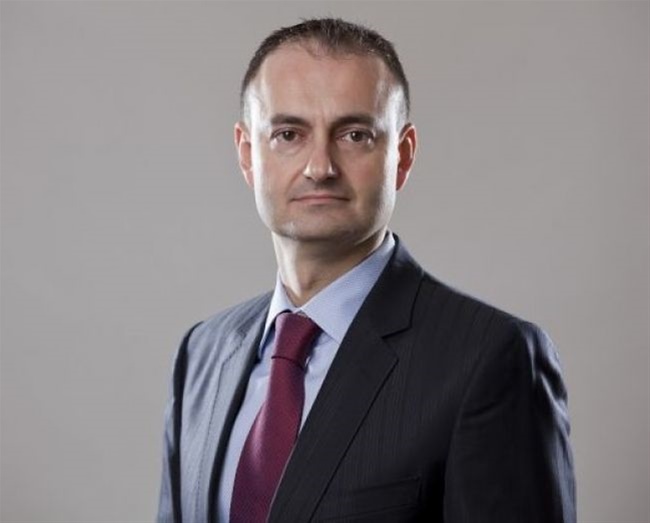

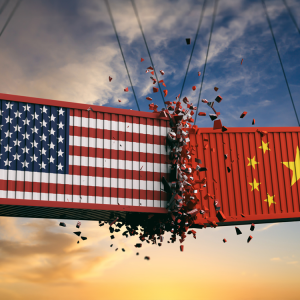


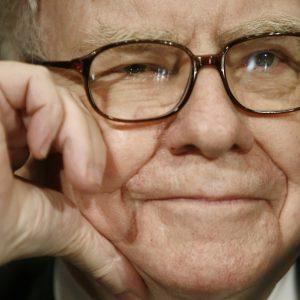
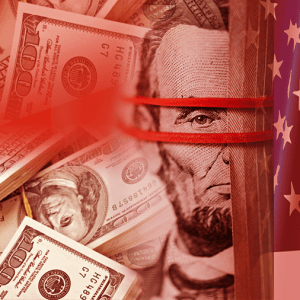

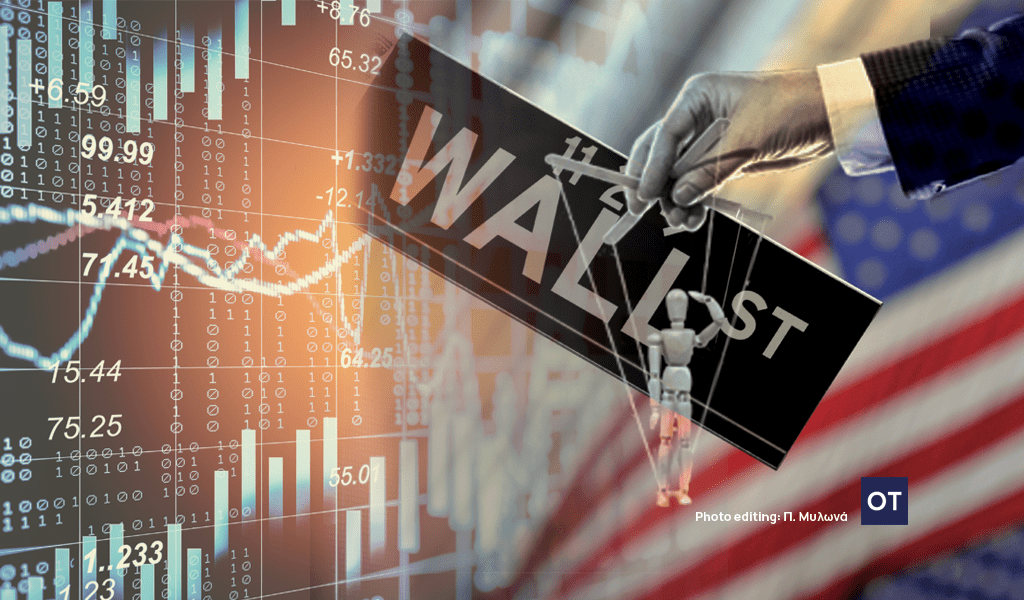

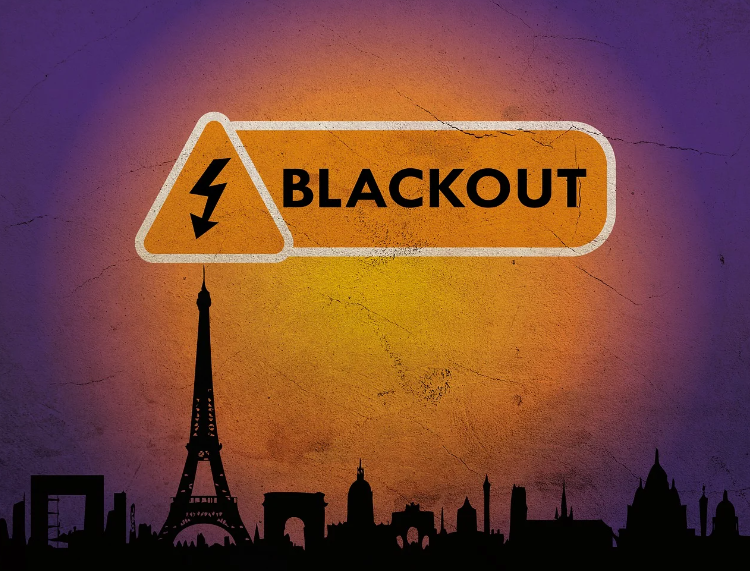
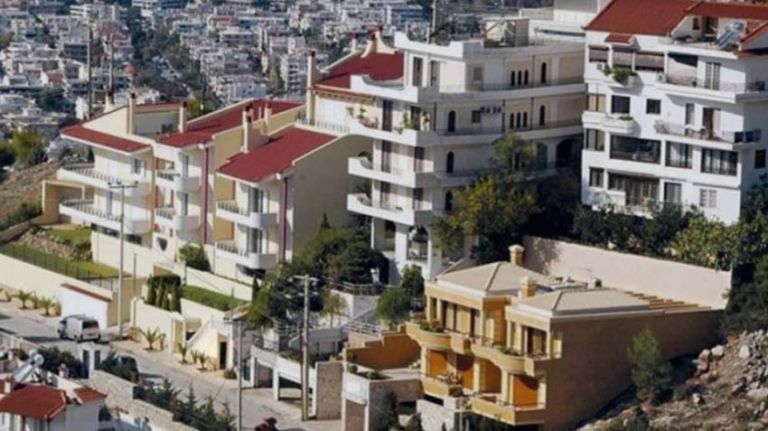
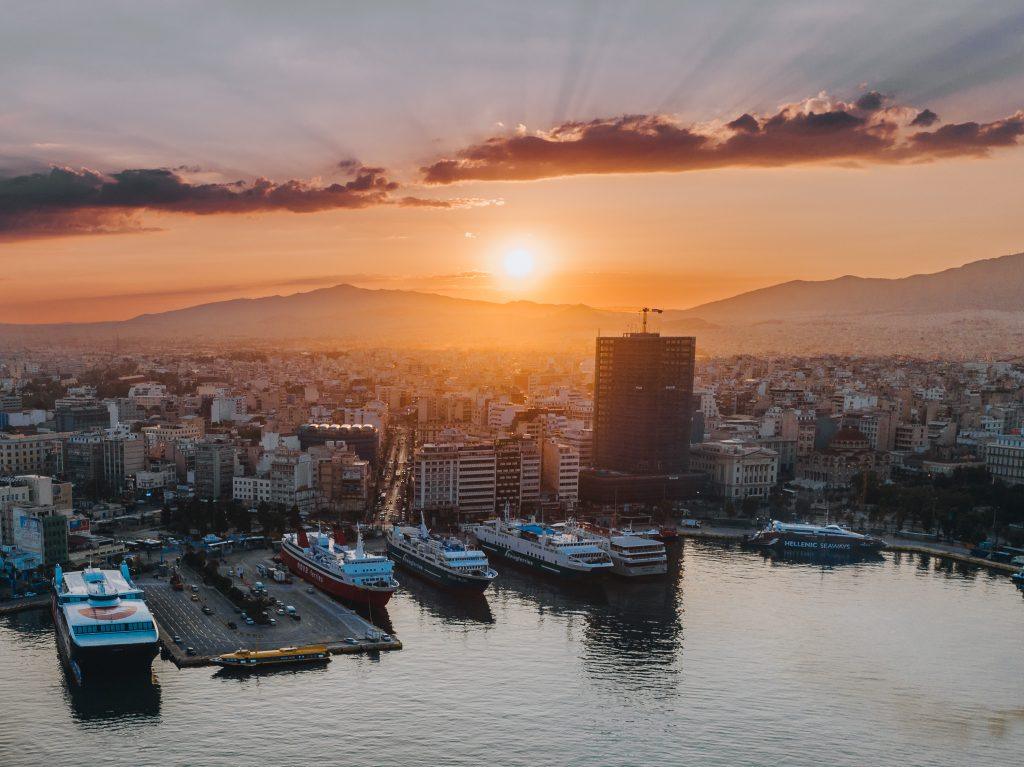
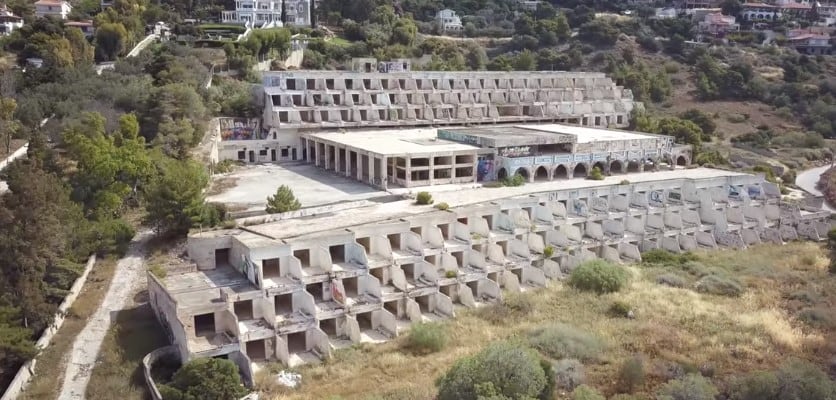



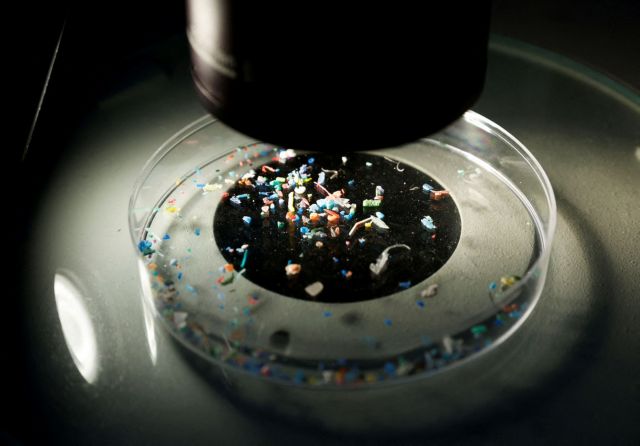
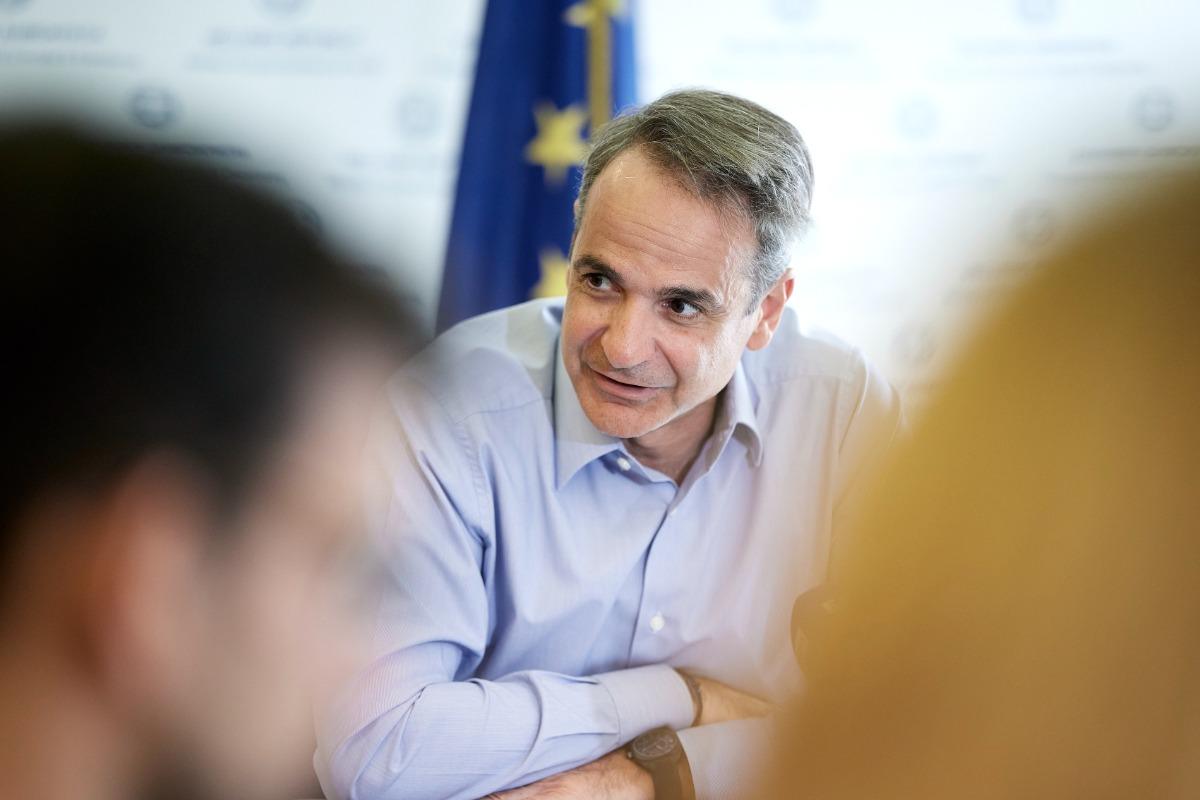
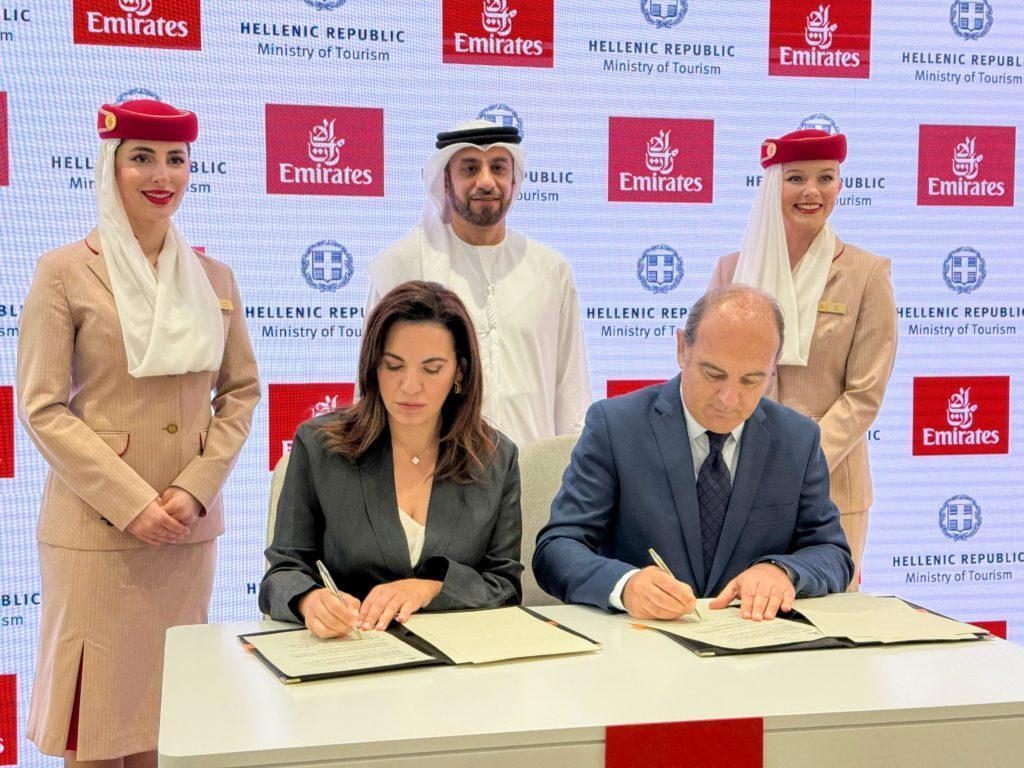

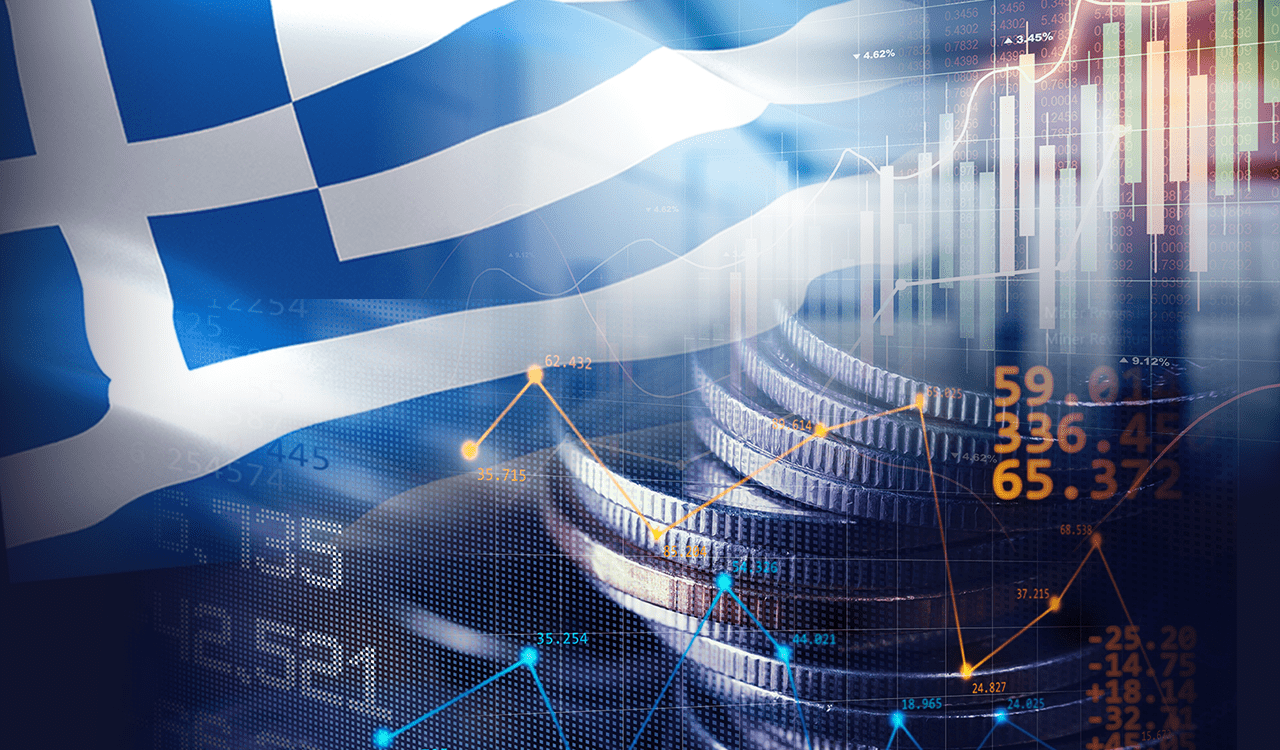
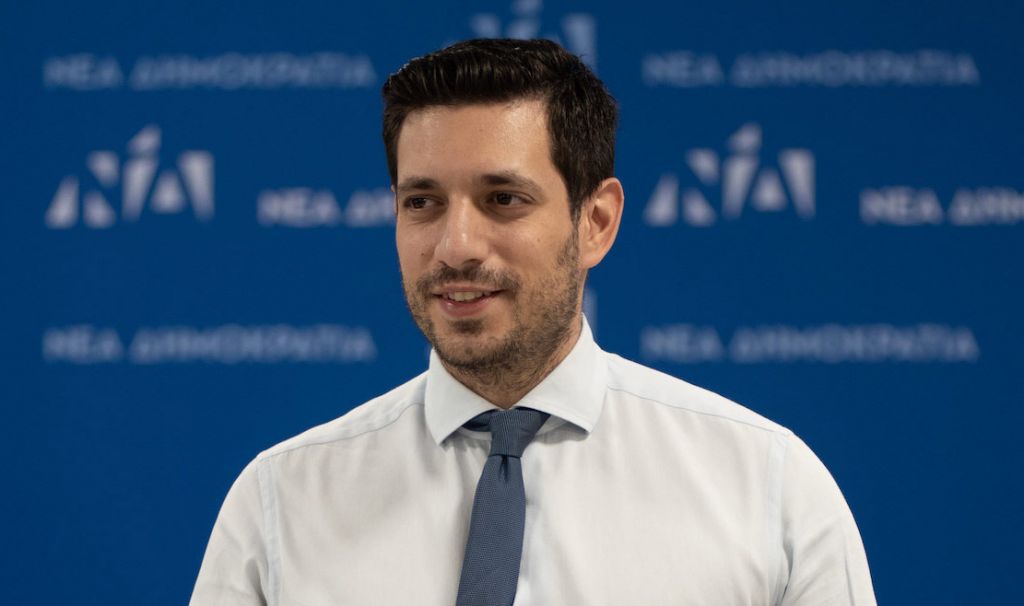



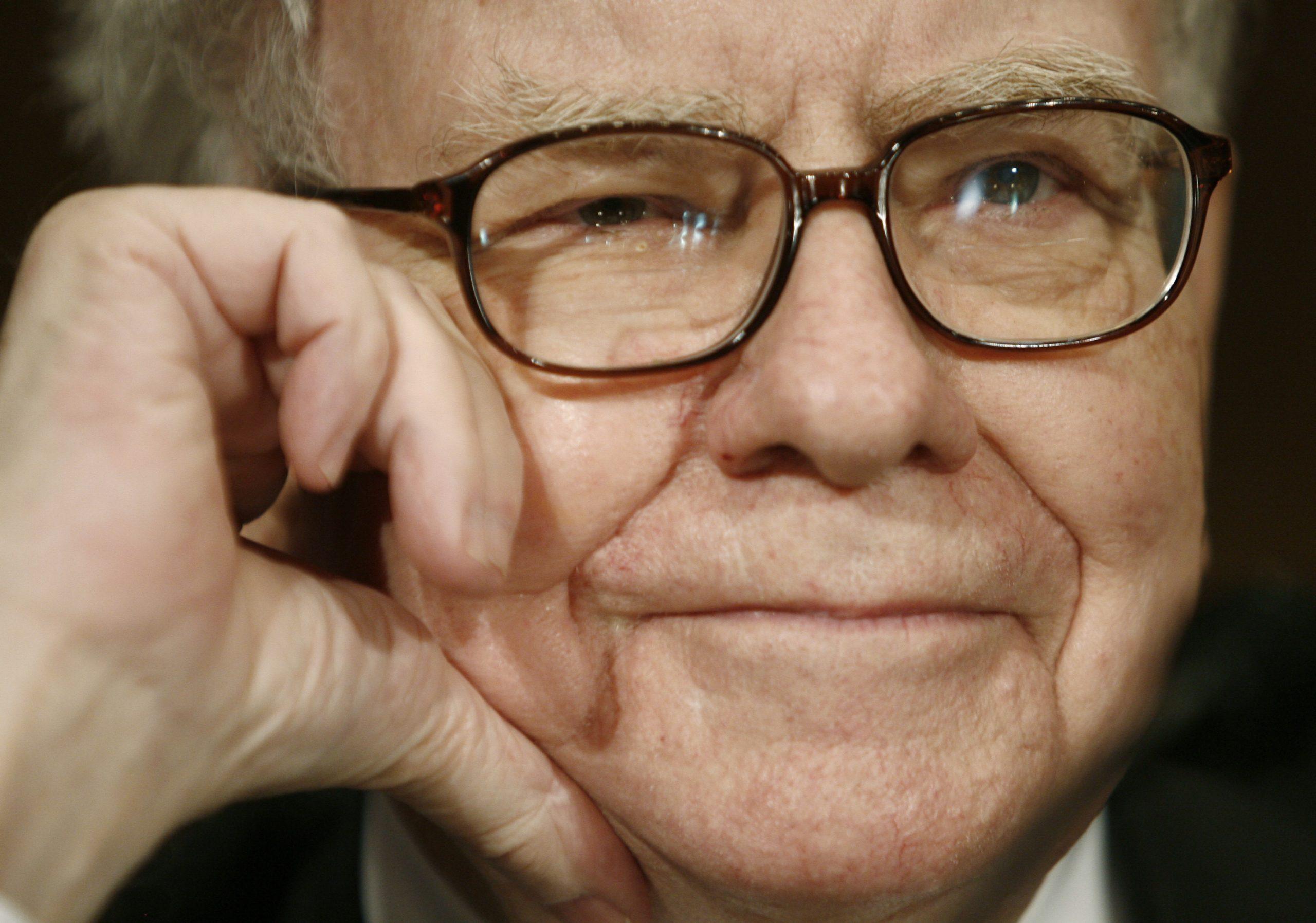
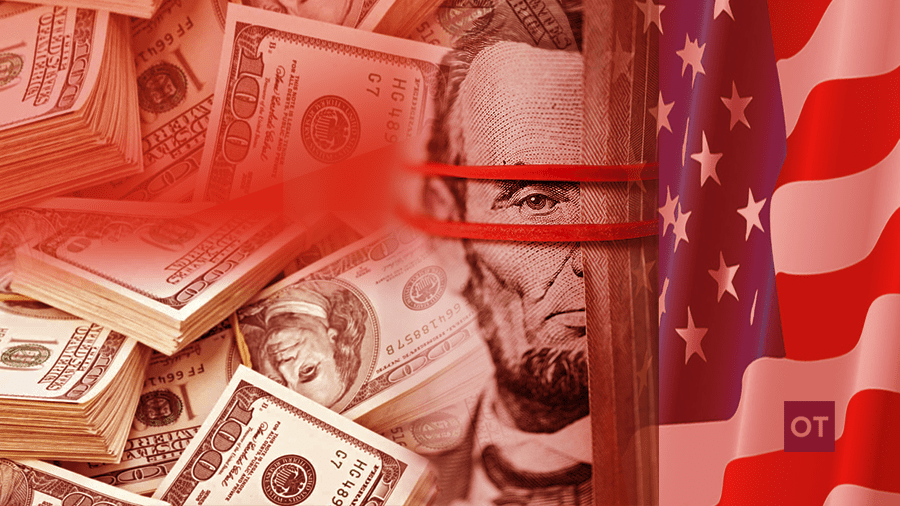
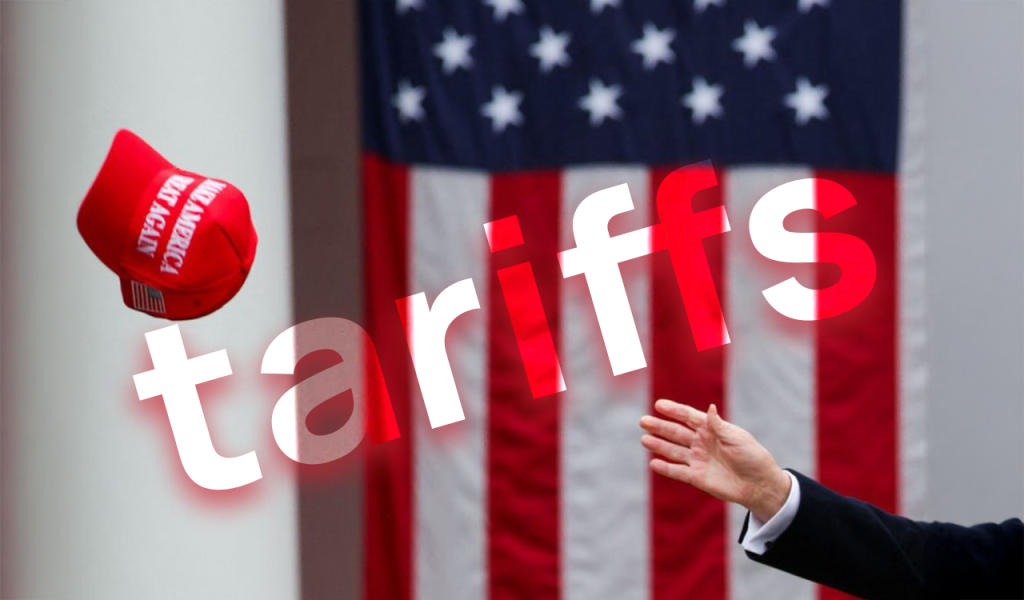
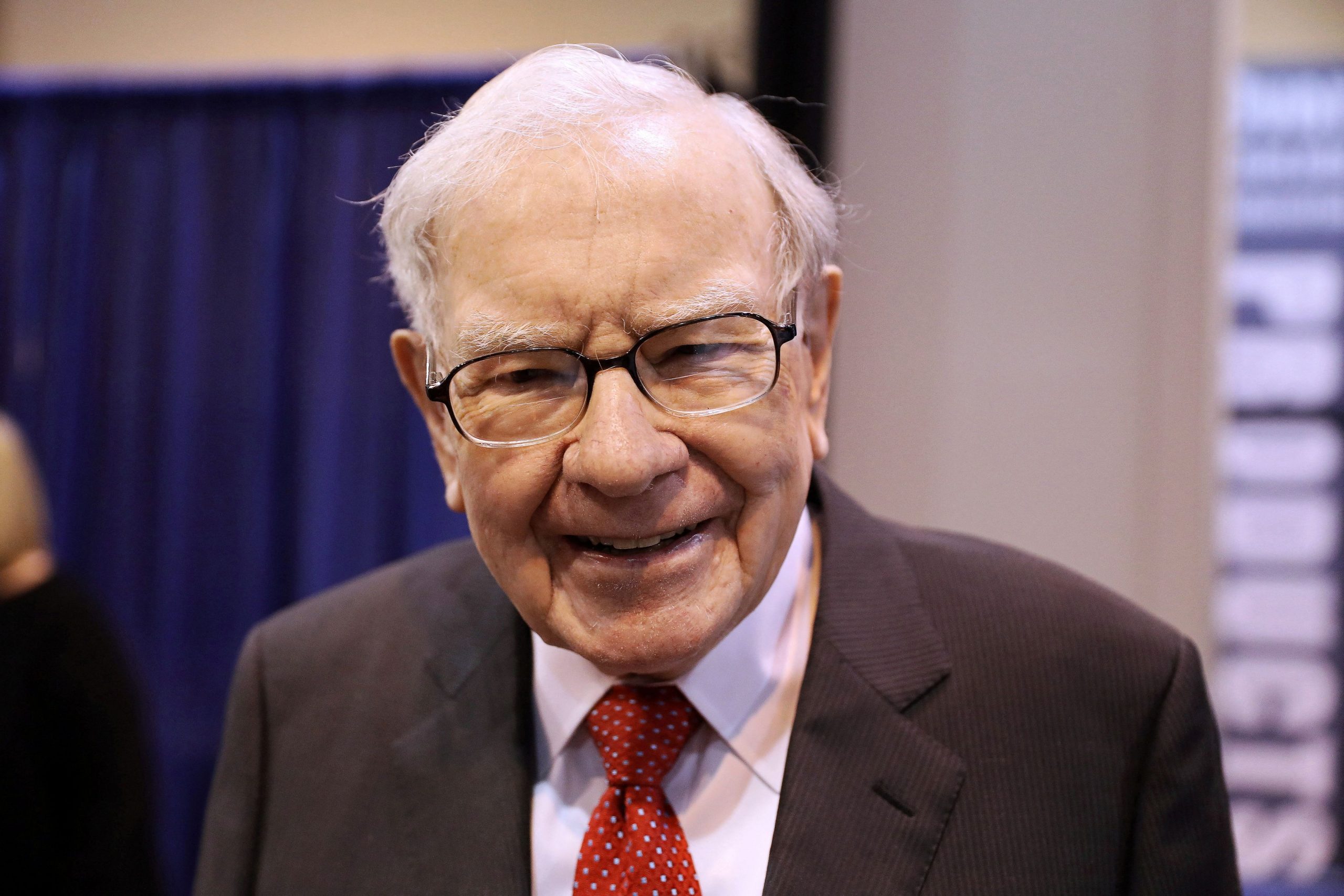


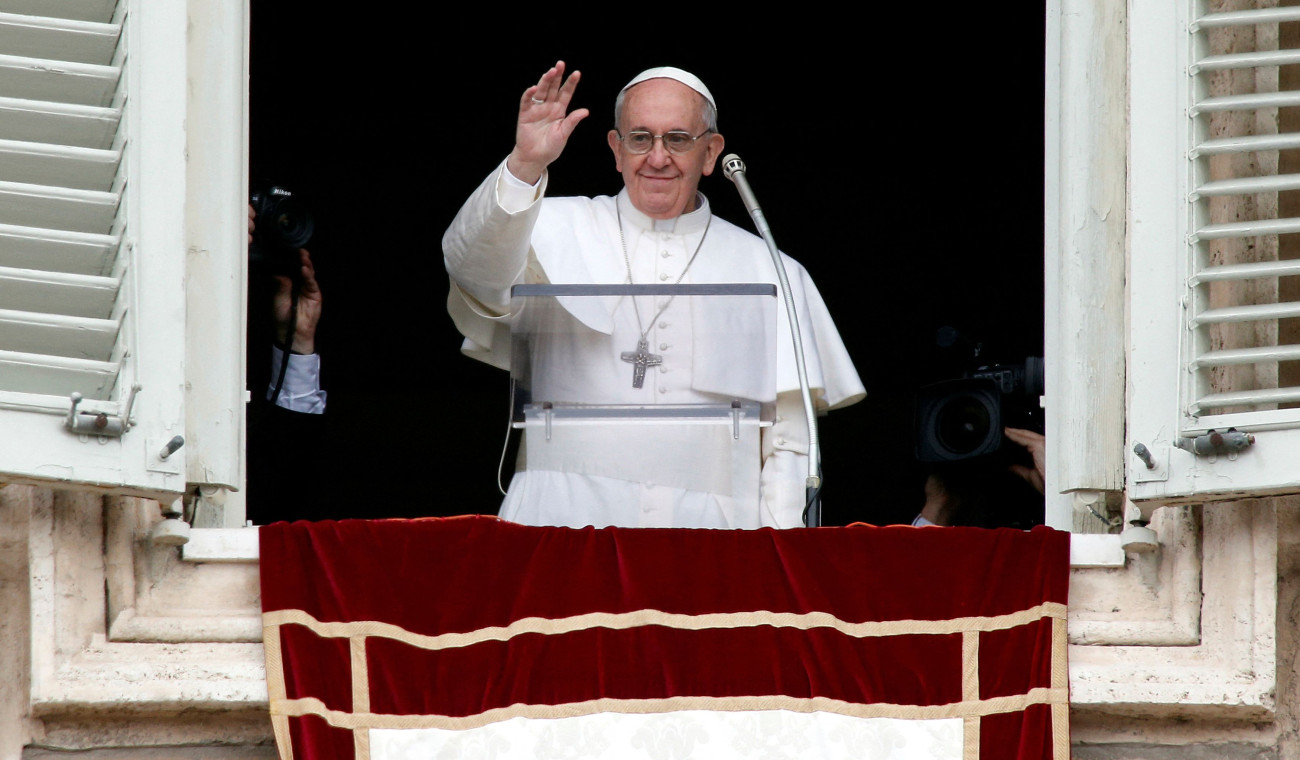


![Wall Street: Σε υψηλά 28 ετών οι ανησυχίες των επενδυτών για τη Wall Street [γράφημα]](https://www.ot.gr/wp-content/uploads/2025/05/ot_Markets_wall_puppet-1.png)
